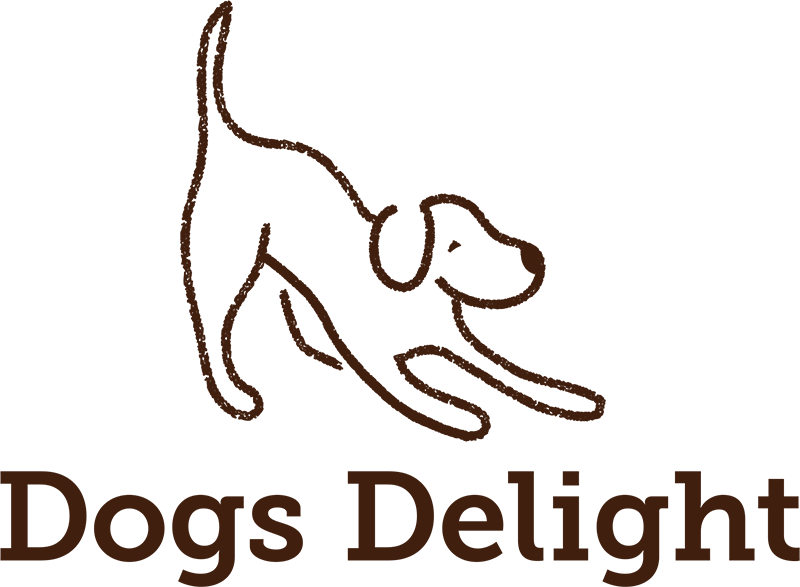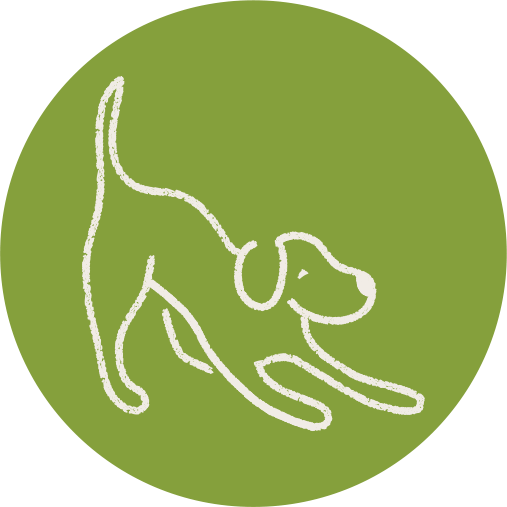Healthy
Liver Disease in Dogs
Second only to the skin, the liver is the largest organ in the body and is responsible for an incredible 1500 biochemical functions. Generally though, its two main roles are:
- Keeping the body’s internal environment constant (homeostasis) by maintaining blood glucose levels and regulating temperature
- Removing waste from the body.
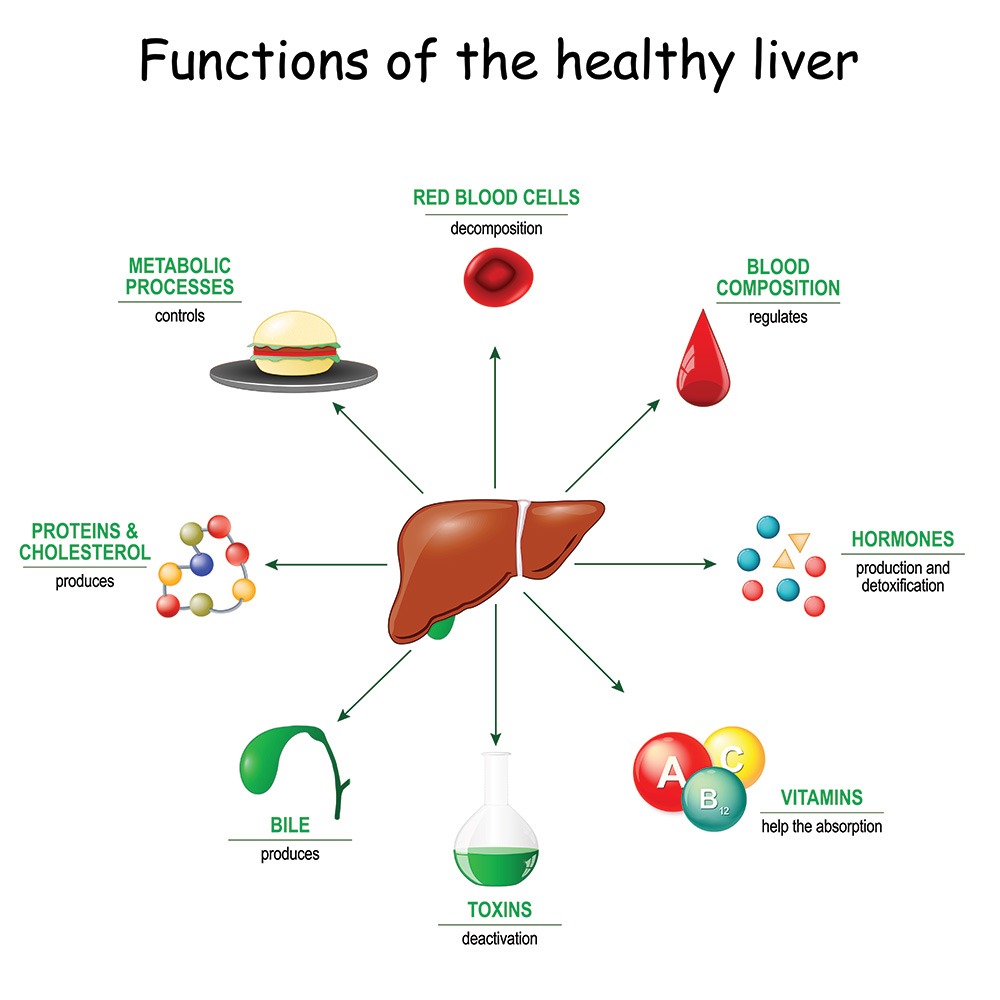
In addition the liver also plays an essential role in the digestion of food and nutrients.
Given that the liver has so many functions, it follows that liver disease has many clinical signs including chronic weight loss, vomiting, loss of appetite, frequent urination (polyuria) and excessive thirst (polydipsia), dehydration, and others.
However, liver disease is usually quite advanced before there are any signs and symptoms and a blood test which looks at liver function (liver functions tests or LFT’s) and/or scans can confirm the diagnosis.
On a positive note, by choosing carefully, the right diet may not only help to manage the symptoms, it may also help to delay the progression of the disease.
The diet aims to:
- To supply adequate energy and nutrients to fulfill basic requirements and prevent malnutrition
- Maintain normal metabolic processes
- Avoid build-up of toxins
- Correct electrolyte disturbance
- Provide substances needed to repair and regenerate liver cells (hepatocytes)
- Limit further liver damage by preventing accumulation of copper and free radicals.
- Prevent or minimize metabolic complications such as hepatic encephalopathy.
Diet and Supplements for Liver Disease
Energy (calories) and Fat
Prolonged inadequate food intake in dogs with chronic liver disease will result in progressive loss of body fat and muscle wastage which contributes to the malnutrition and weight loss commonly found in liver disease.
In most cases it should not be necessary to restrict to a very low fat diet as fat is an important source of calories. Dogs with liver disease have small appetites, so the addition of melted butter/margarine, cream, cheese or cream cheese to meals can provide extra energy in a small portion.
Providing small frequent meals (3-6 per day) at room temperature plus a bedtime snack can help with a reduced appetite and this approach has the added benefit of optimizing blood flow through the liver.
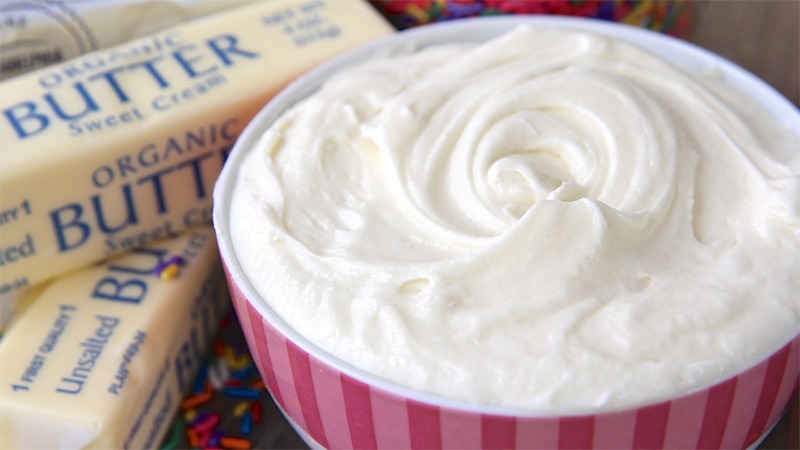
Protein
Protein should not be restricted and should be high quality or in other words, from animal sources like meat, fish or eggs as this will provide all of the essential amino acids (those the body cannot make itself and has to get from the diet). These protein sources are also highly digestible, therefore reducing the workload of the liver resulting in less waste products being produced.
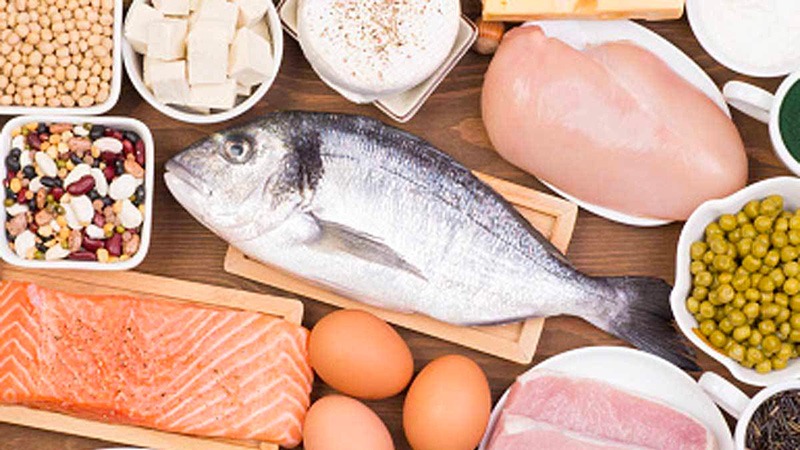
Carbohydrate
Having carbohydrates in the diet can be a useful source of energy and can reduce the workload of the liver by reducing the need for the liver to make glucose from protein and fat. Ultimately, this will reduce protein breakdown which is often the cause of muscle wastage. Diets which contain about 50% of energy from digestible carbohydrates are beneficial for dogs with liver disease. Dog food manufacturers are not required by law to state how much carbohydrate is in their dog food. But there is an easy way to work it out, simply add up all the nutrient percentages and take the total from 100. What’s left is the carbohydrate.
Fibre
Both types of fibre can be very beneficial for dogs with liver disease.
Soluble fibre, like sweet potato, can be fermented in the large intestine by the bacteria that are present (large intestinal microflora). In turn they metabolise nitrogenous waste, acting as an ammonia trap and reducing blood levels of this toxic waste product.
Insoluble fibre such as wheat bran cannot be fermented and helps to avoid constipation which otherwise would interfere with the large intestinal microflora’s ability mop up nitrogenous waste. The excess toxins cannot be absorbed into the blood stream and cause neurological symptoms.
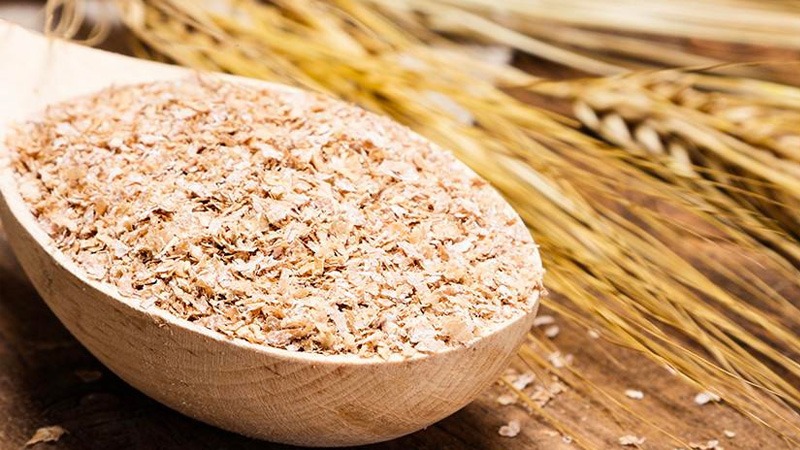
Vitamins
- Vitamin B is water soluble and so is lost when there is excessive urination and so the diet should always be supplemented with vitamin B
- Vitamin C is also water soluble but should not be supplemented as it can worsen tissue damage caused by copper and iron
- Vitamin E is an antioxidant and is known to mop up free radicals so is cytoprotective especially in copper storage disease
- Vitamin K is useful if clotting times are prolonged and there is a need for a liver biopsy
Supplementation with vitamin A should be avoided because it can cause damage to the liver tissues.
Supplementation with vitamin D should also be avoided because it can cause calcification within the tissues.
Minerals
Copper & Zinc
Zinc may be low in chronic liver disease. It competes with the absorption of copper in the gut and so should be supplemented in the case of copper storage disease. This condition occurs when an abnormal amount of copper accumulates in the liver, leading to damage and scarring of liver tissue (cirrhosis). Some breeds are more susceptible to this, including Dalmations, Bedlington Terriers, Doberman Pinschers, West Highland White Terriers, Skye Terriers and Labrador Retrievers.
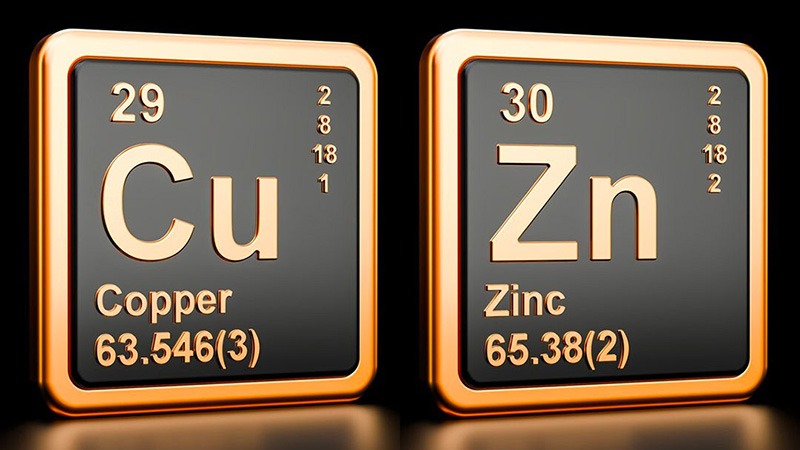
Supplements which may help.
SAMe
An antioxidant with anti-inflammatory effects which may be beneficial in treating chronic liver disease. It is known to have therapeutic benefits in paracetamol toxicity which suggests that it may beneficial in treating chronic liver disease although more research is needed in this area.
Milk thistle (Silymarin)
It is a combination of several active compounds which have antioxidant effects and may also help the body to make protein and stimulate the growth of liver cells and therefore may be beneficial in chronic liver disease but more research is needed.
Other Antioxidants
Omega-3 and Omega-6 supplements may be beneficial due to their ability to mop up free radicals and reduce inflammation in general.
Overall, an adapted diet and the addition of supplements can help to maintain body weight and muscle mass, support liver regeneration and encourage the dog to eat.
A homemade diet may help and if you feel you would like to try this for your dog, individual consultations on special diets can be booked with Carole, our Canine Nutritionist so please do get in touch.
